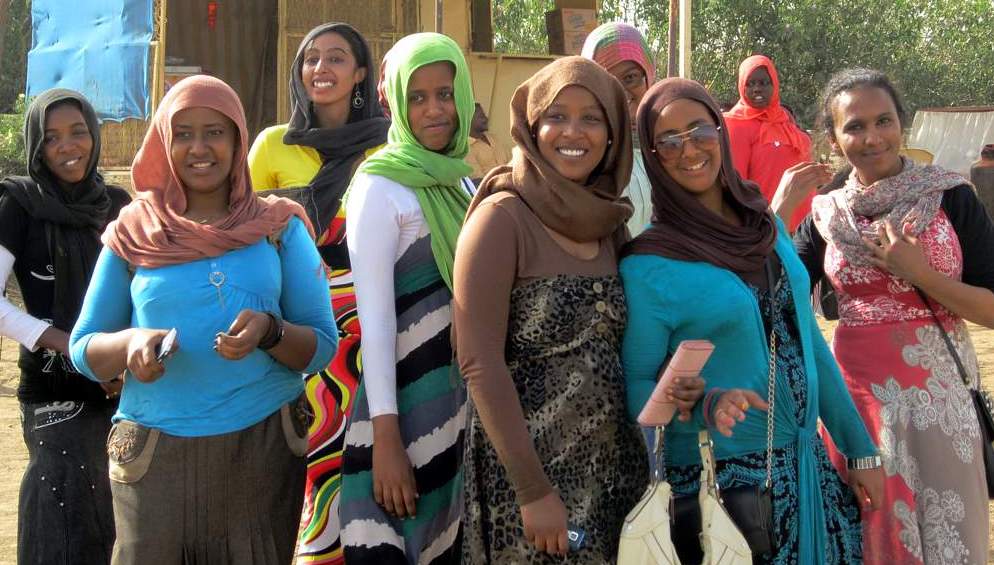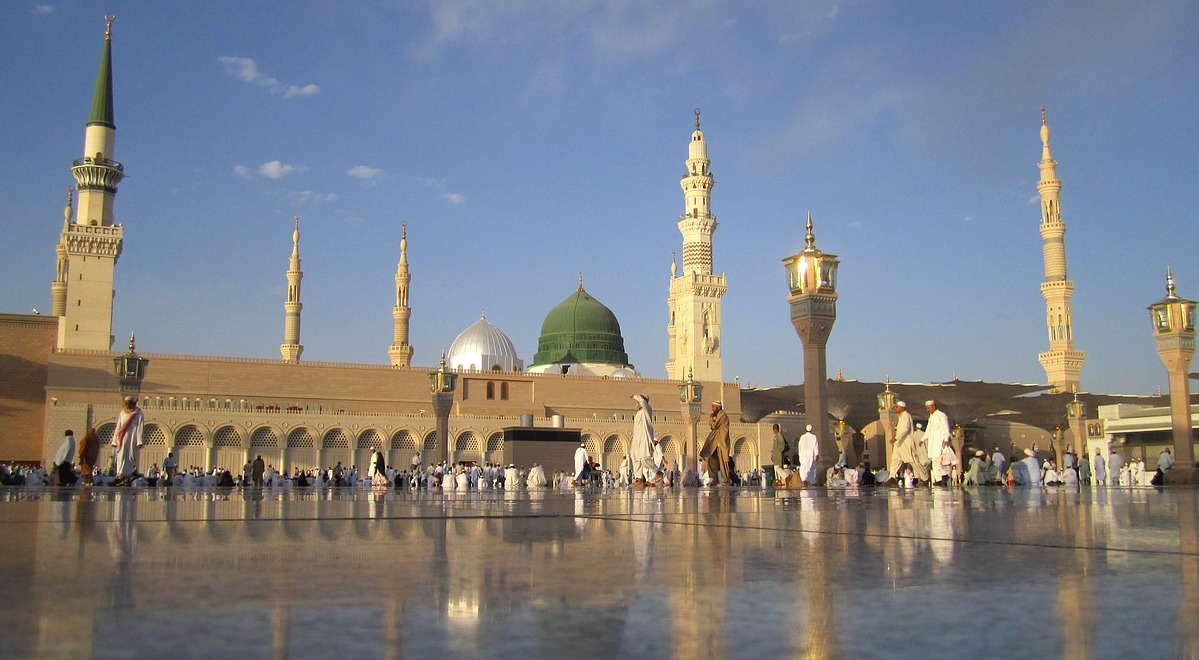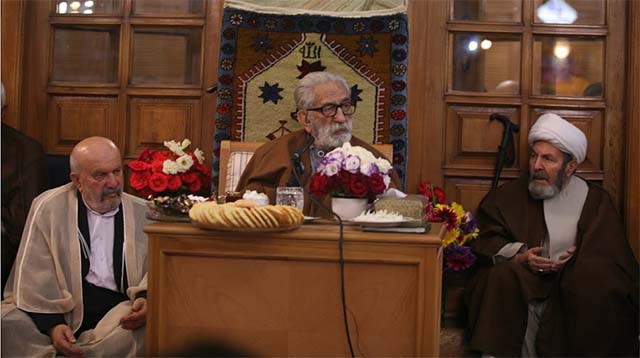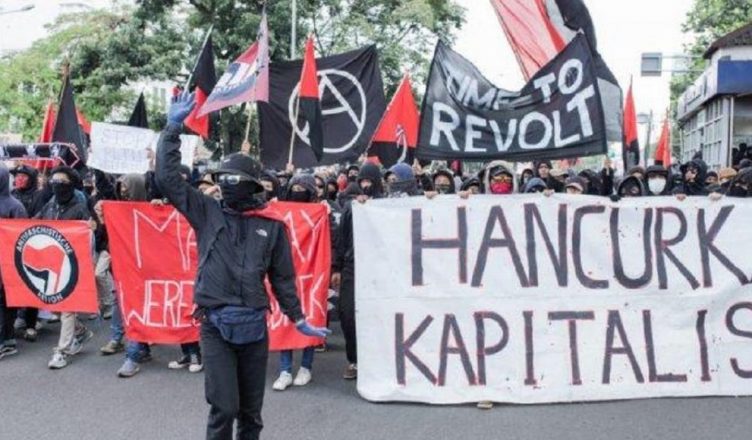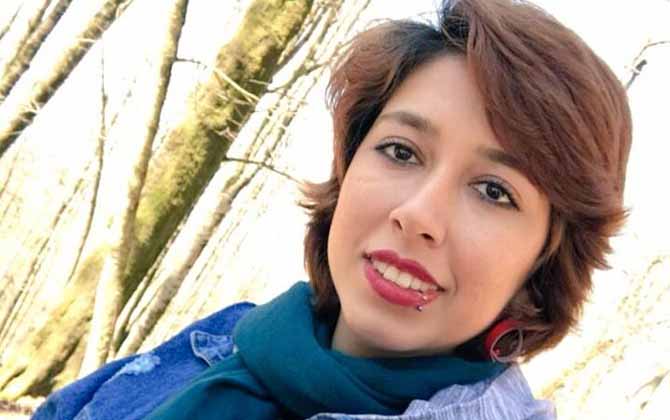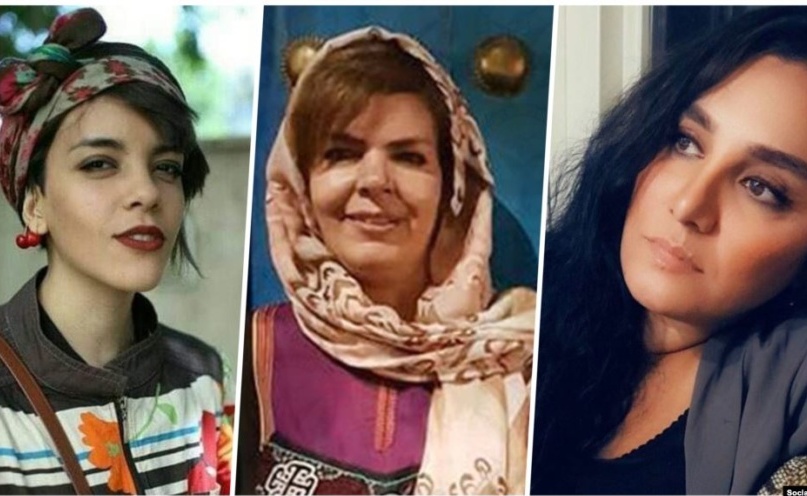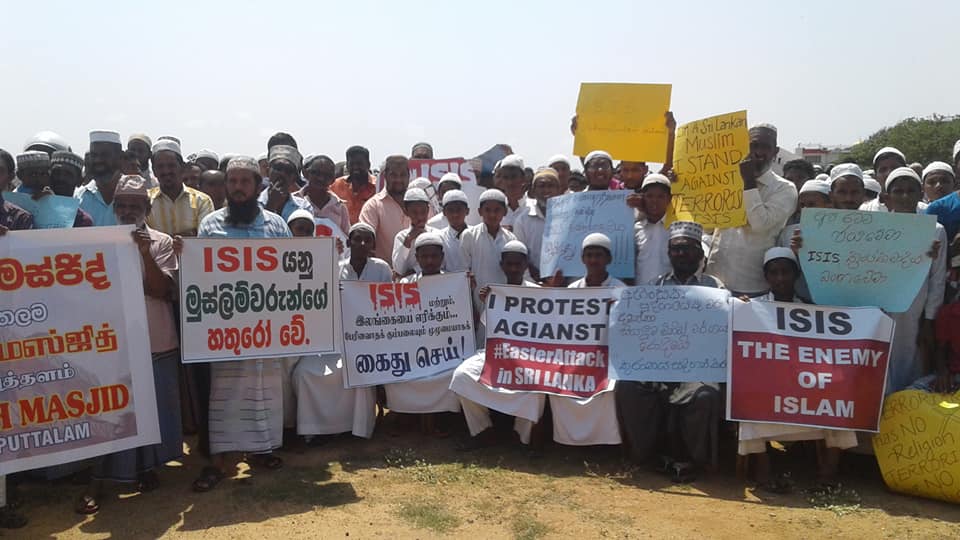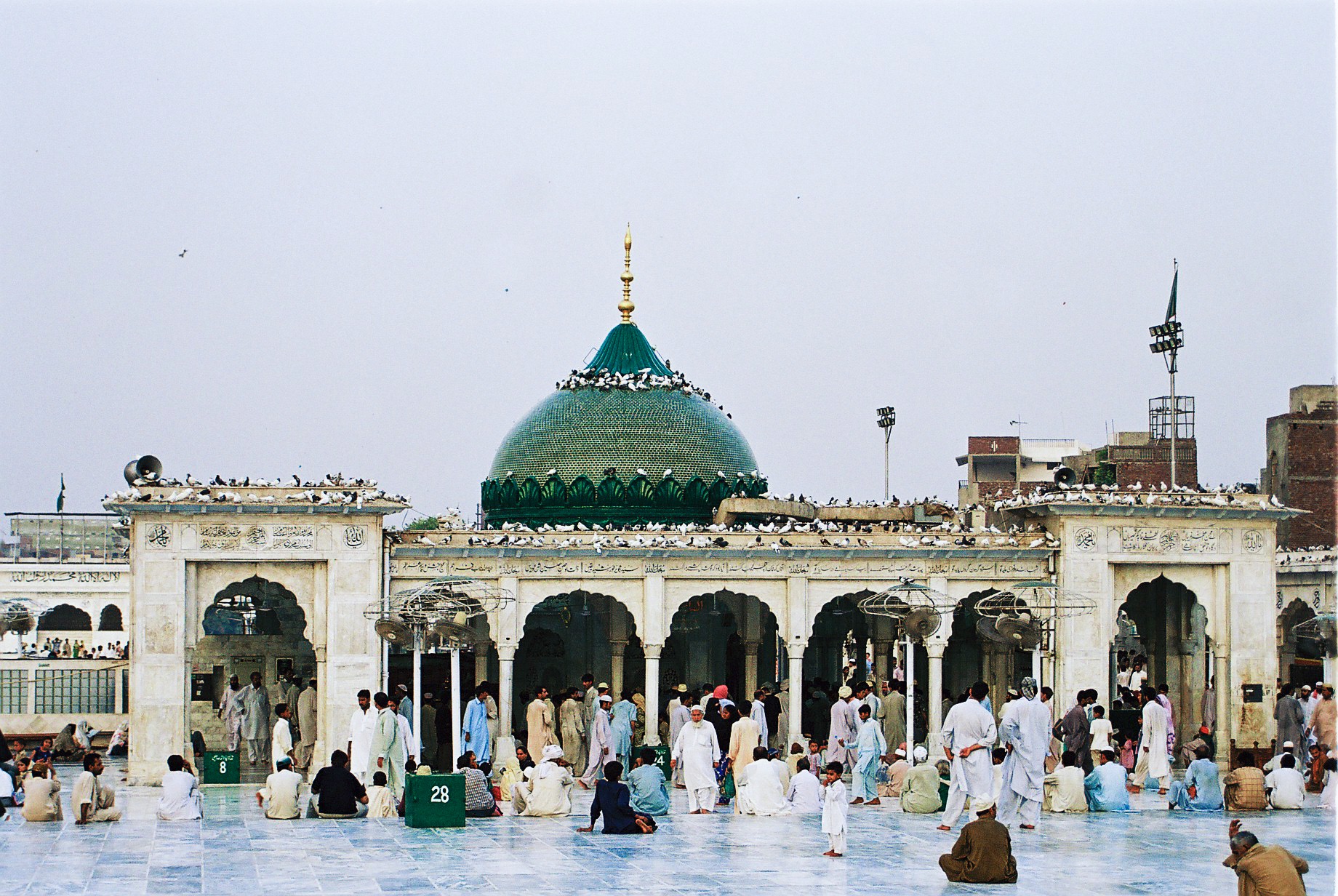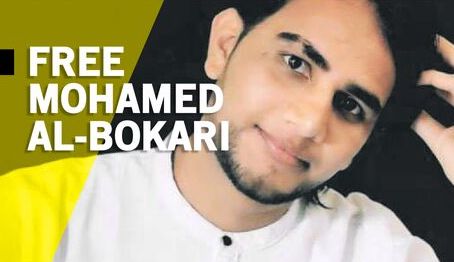
Saudi Arabia imprisons Yemeni dissident blogger
A court in Saudi Arabia sentenced a Yemeni blogger to 10 months in prison, a fine of 10,000 riyals ($2,600) and deportation for a social media post supporting equal rights for people in same-sex relationships. Mohamad al-Bokari was arrested in Riyadh in April, after posting a video on social media, which authorities said contained “sexual references” and “violated public order and morals.” This was apparently a reference to the line: “Everyone has rights and should be able to practice them freely, including gay people.” Sources told Human Rights Watch that al-Bokari was subjected to a forced anal exam, an internationally discreditedpractice used to seek “proof” of homosexual conduct. HRW says the practice has no scientific basis, violates medical ethics, and constitutes cruel, degrading, and inhuman treatment that may rise to the level of torture. Al-Bokari was charged with “violating public morality” and “imitating women.” (Image: Amnesty International)




